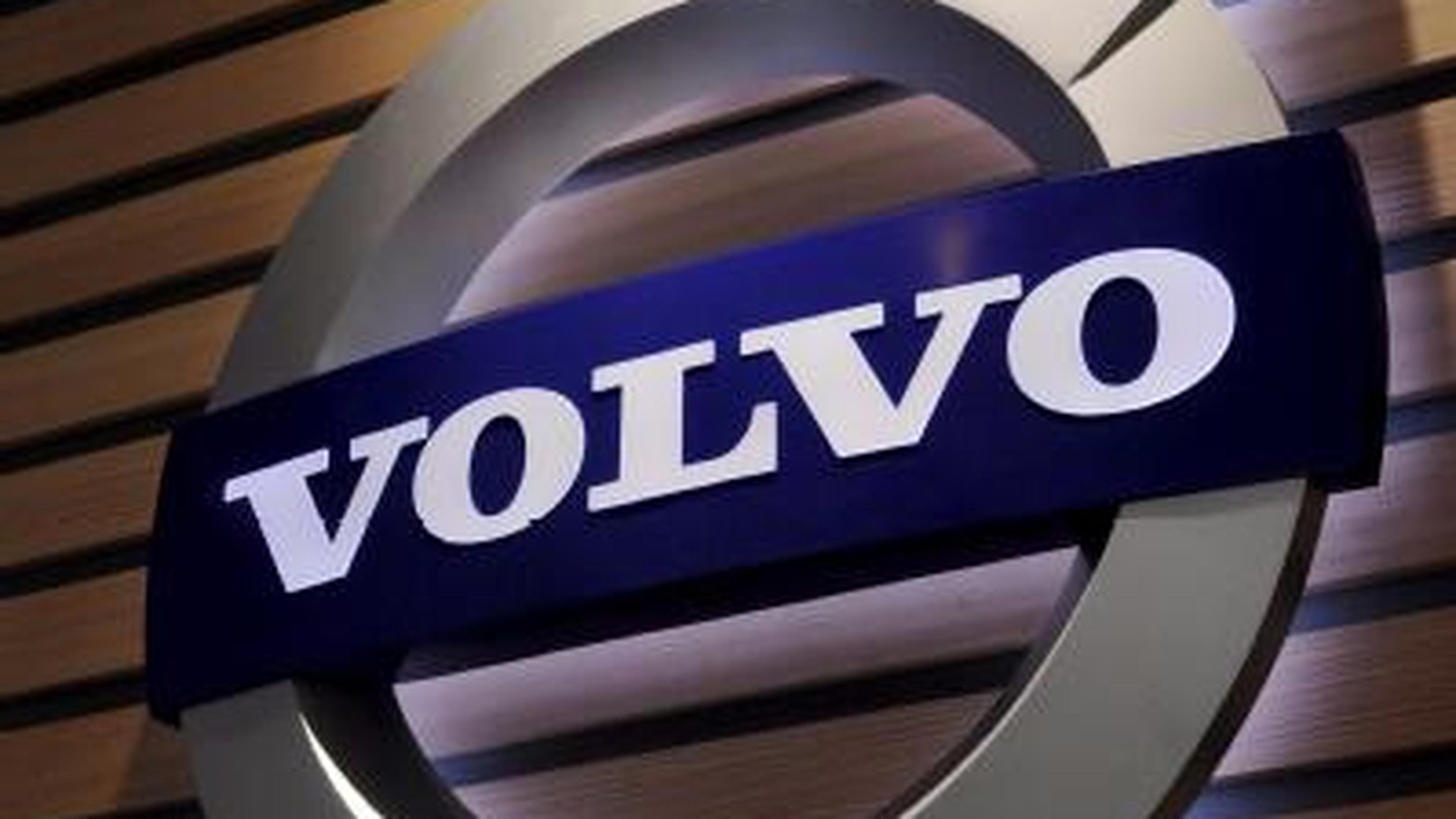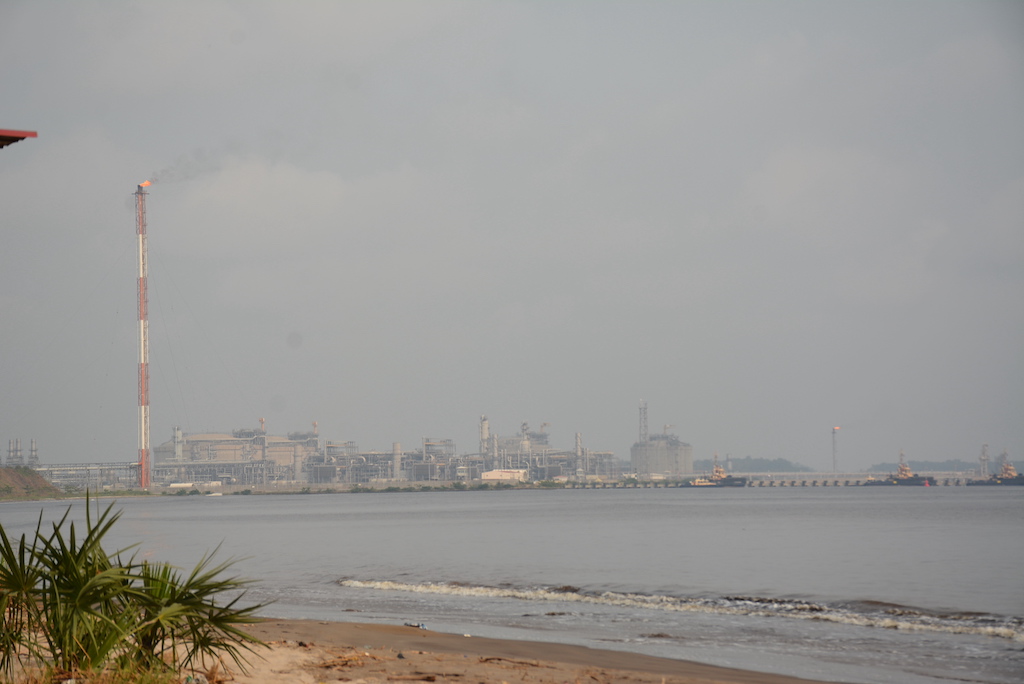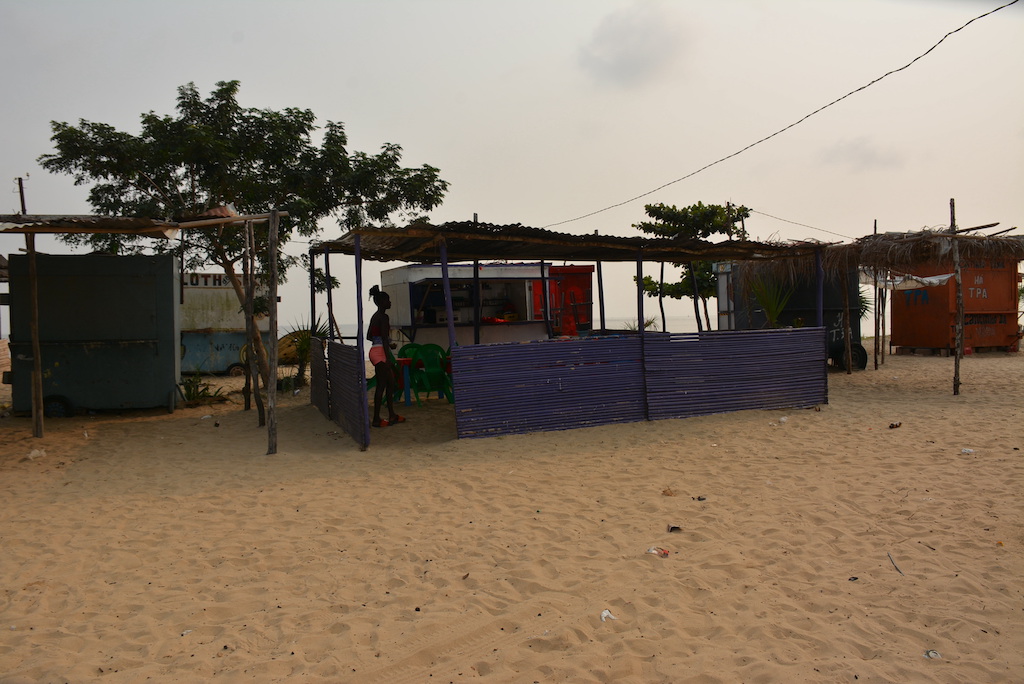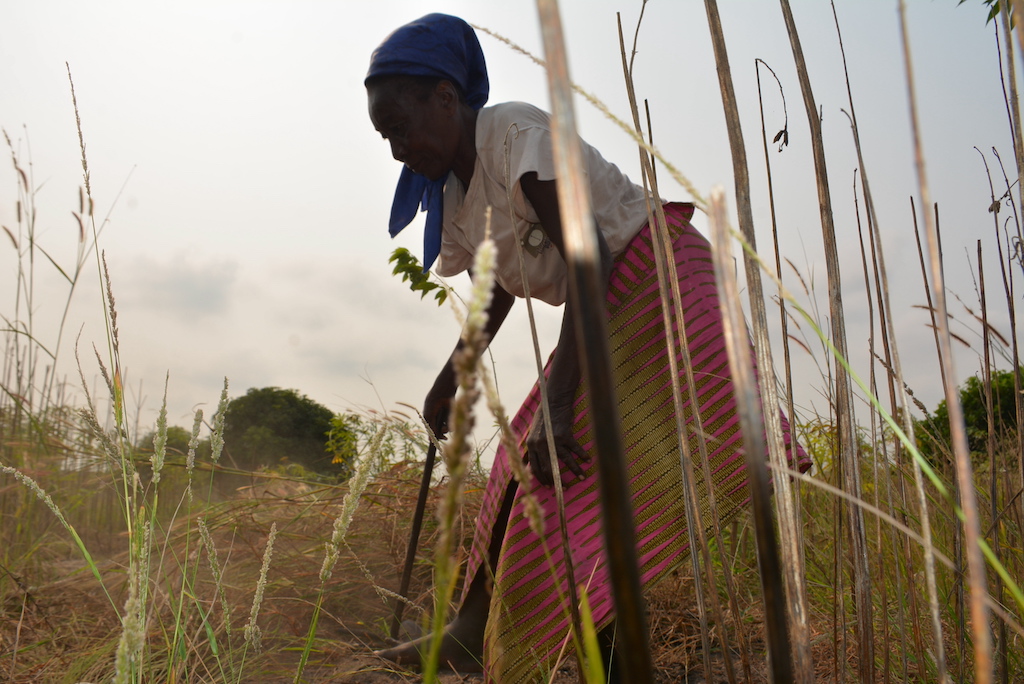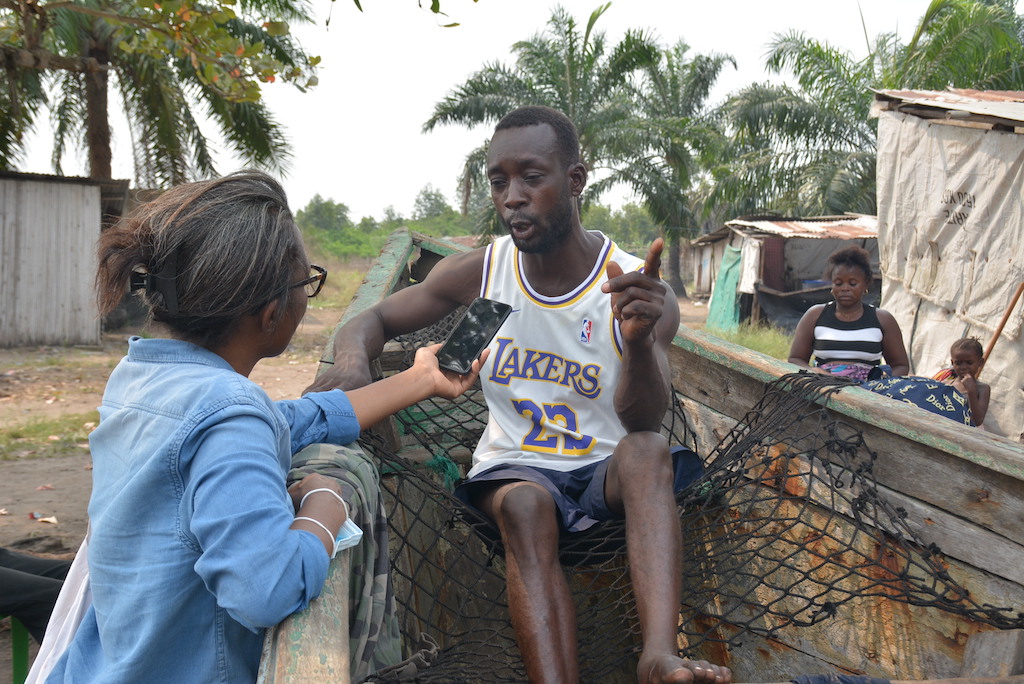HEY, REMEMBER ME?!
Same Old Robert Gates: The Poster Child for US Militarization

Photograph Source: The U.S. Army – Public Domain
There has been a deplorable consistency in the remarks and efforts of Robert M. Gates over the past four decades. In the 1980s, Gates was a major player in the falsification of intelligence regarding the Soviet Union, designed to justify unneeded increases in the defense budget. In 1986, Gates had to withdraw his name from congressional confirmation for the post of director of the Central Intelligence Agency because the majority of the Senate intelligence committee believed he was lying about his role in the infamous Iran-Contra operation.
In lying about Iran-Contra, Gates was also protecting the role of then Vice President George H.W. Bush, who nominated Gates to be the CIA director in 1991. Gates was confirmed this time, but not before garnering more negative votes from the Senate than any of his predecessors. The hearings exposed Gates’ role in politicizing the intelligence on the Soviet Union, and I played a role in my critical testimony to the committee. At least, President Bill Clinton subsequently ignored Gates’ efforts to be retained as CIA director; Gates set a record for the shortest stewardship of any CIA leader.
As secretary of defense from 2006 to 2011, Gates led the unsuccessful attempts of the military to achieve its goals in Iraq and Afghanistan. Gates was named secretary by President George W. Bush, and retained by President Barack Obama who didn’t want to make waves at the Pentagon. Gates was particularly active in 2011 in trying to block the efforts of President Obama to reduce our military presence in Afghanistan. Then vice president Joe Biden explicitly warned Obama about Gates’ efforts to thwart the White House and increase the U.S. military presence, which explains Gates’ criticism of Biden in his various writings.
Last week, the Washington Post, which supports greater defense spending and modernization of our nuclear forces, ran a long oped from Gates extolling the importance of increased defense spending and force modernization. This essay (“Failures in Washington leave U.S. defense vulnerable abroad”) has become a frequent event in the Post. It is important to understand Gates’ role in underplaying the military might of the United States and exaggerating the military might of potential adversaries. Gates ignores the fact that the United States has military bases and assets in more than 700 nations, while China has one military base (in Djibouti) outside it’s zone of interest. China faces 200 U.S. military bases and facilities in the Indo-Pacific alone.
The United State has more than 50 defense treaties and arrangements with foreign nations; China has one (with North Korea). More importantly, the United States has been very successful in lining up assets in the Indo-Pacific region that encircle China and contribute to our policy of containment that China finds strategically threatening. The Quad arrangement includes India, Japan, and Australia in support of U.S. policies. The AUKUS arrangement aligns the United States, Britain, and Australia in policies that oppose Chinese interests. Also, the United States has bolstered its military relations with Japan, and has diplomatically arranged for closer relations between Japan and South Korea in order to maintain pressure on China.
Yes, China has more naval ships than the United States (234 vs. 219), but the U.S. Navy has greater lethality and greater tonnage. The U.S. ability to project power cannot be matched by any nation or group of nations in the world. That ability is bolstered by 11 aircraft carriers in worldwide deployments; China has three aircraft carriers. The United States, despite a lack of success in Iraq and Afghanistan, has nevertheless taken advantage of its use of the military to gain important experience. China has used its military forces once in the past 45 years: a military campaign against Vietnam that didn’t go well for China in 1979.
The same comparison could be made for the relative military strength of the United States and Russia, but in view of the miserable Russian performance in Ukraine it is not necessary to do so. Just as China is encircled by U.S. allies, Russia faces NATO countries on its western borders. Gates has been wrong about Russia for the past 40 years, and in the 1980s he made sure that CIA intelligence was also wrong about the decline and ultimate collapse of the Soviet Union. Sadly, he’s invoking an “axis of evil” (China, Russia, Iran, and North Korea) to justify unnecessary increases in defense spending. The last president to invoke an “axis of evil” (Iran, Iraq, and North Korea) was George W. Bush; it didn’t go well for the interests and security of the United States.
